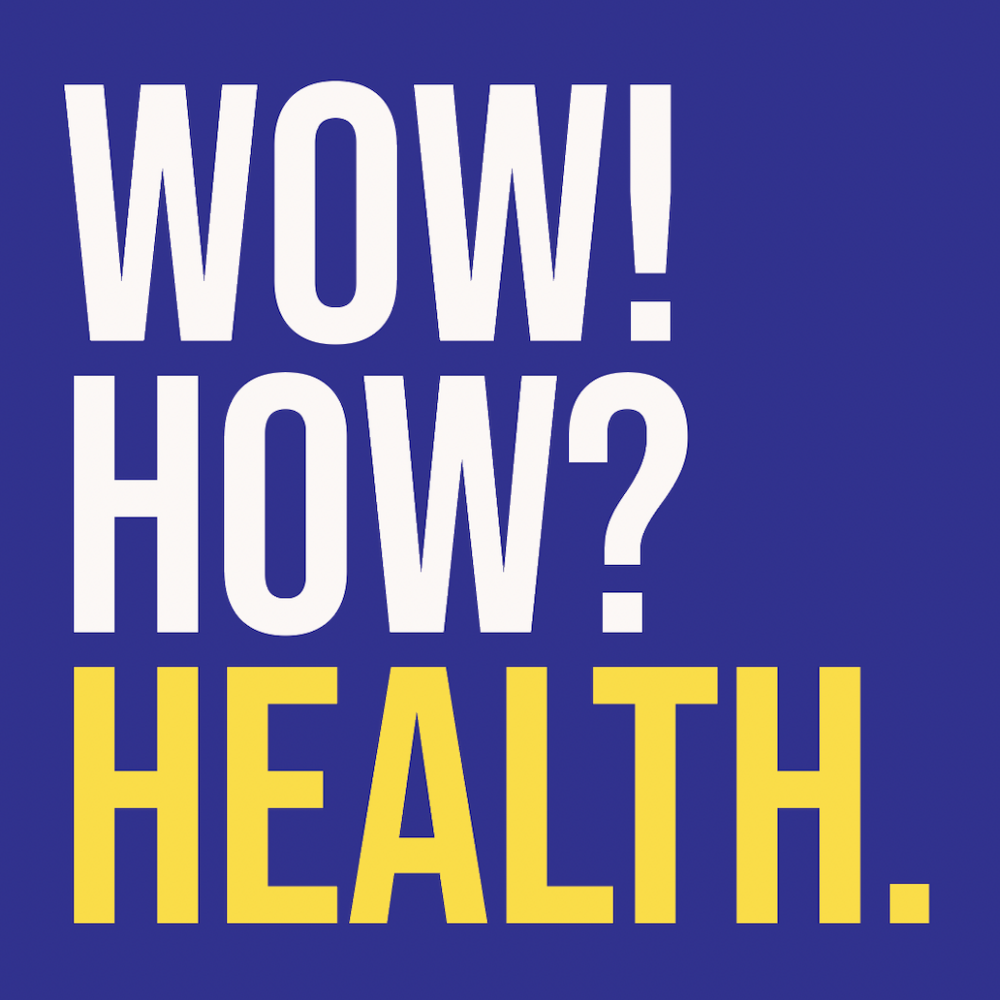
Every post in my Wow! How? Health. series starts with a story that hopefully makes a reader say, “Wow! How did they accomplish this great health innovation?” The answer is often related to concepts I explore in my book, Rebel Health. Please let me know what you think or if you have questions. Comments are open.
When Courtney Hofmann could not find a picture of her 7-year-old that showed his smile reaching his eyes, she knew she had to take action. Alex was in serious pain.
They had seen 17 clinicians in three years, but each one dismissed her son’s complaints and behavior changes as attention-seeking, a result of the pandemic isolation, or some other explanation that fit the paradigm of their expertise.
Hofmann knew her child. She knew the doctors were missing clues, but she didn’t know which ones or why. She had to find a way for them to see the full picture of his condition.
She tracked Alex’s symptoms and shared her notes with each doctor, to no avail. She dressed like the seasoned professional she is and they dismissed her by saying, you’re a working mom, you don’t know your kid. She dressed like a stay-at-home mom and they patronized her, ignoring the research she had done online. She brought her father along, hoping to borrow his authority as an older man, but that didn’t work either.
Finally, at a breaking point, with no prior experience with generative artificial intelligence, Hofmann gathered the text of her son’s medical records from eight different health systems, added her own notes and symptom tracking, and fed it into ChatGPT. Then she asked the question she had asked all those clinicians: What is wrong with him?
She interrogated each result, asking ChatGPT to tell her more, to explain this term, to clarify why it gave her that suggestion. Then she took to Facebook, where she found a parent-led group about the diagnosis that she and her generative AI assistant were circling around: tethered cord syndrome. Those parents’ stories matched her own. Within days she was able to get an appointment with Dr. Holly Gilmer, a pediatric neurosurgeon who confirmed the diagnosis. Six weeks after Hofmann’s ChatGPT encounter, Dr. Gilman performed the surgery that solved Alex’s problem.
I highly recommend listening to the episode of the NEJM AI Grand Rounds podcast about these “partners in diagnosis.” A cascade of failures led to this situation and there are many lessons to learn. For me, it underlines the advice that I received years ago from Tom Ferguson, MD: If you want to see the future, follow the pioneers and rebels of health care, those who are living with rare and life-changing conditions. They bend, break, and invent new tools to get what they need from health care.
In the lexicon of my book, Rebel Health, Hofmann is a Seeker who goes on the hunt and does not give up. She used the emerging tool of ChatGPT to gather enough information to lead her to connect with Networkers on Facebook. Thanks to having electronic access to her son’s medical records she was able to combine the specificity of one case with the wider perspective of other people’s experiences. Crucially, she confirmed the diagnosis with a trained medical professional.
The best outcome of the patient-led revolution in medical care is that we all gain access to the information, data, and tools we need to solve problems. We need to listen to the people whose needs are not met. We should design for the rare edge cases in order to effectively serve the majority.
The worst outcome would be for people who feel invisible to turn away from mainstream science and health care.
For more on the potential for generative artificial intelligence in the patient-led revolution, follow #PatientsUseAI.
I am in the same boat but with our state when you go to a bunch of doctors looking for answers to keep your child alive, especially other races get label for Munchhousens and kids put into foster to see if the child will get magically better once removed from the home. Im still looking for answers and a way to get my paid caregiving and teaching job back all at the hand of a medical facility, one corrupt dcfy office and a controlled warped justice system who has no clue about how disablities can affect a person.
Great piece. ChatGPT has been a huge help to me in my healthcare, and it can do things that humans simply cannot do, like aggregate large, disparate data sets or present findings in normal person English. I am excited about how it changes everything. Hopefully, med schools are figuring out how to add AI into curriculums.
There needs to be a tutorial on how to use this tool to help with in figuring health matters.
I agree! If I find one, I’ll share it and I hope others will do the same.
I hope so, too, Burt! Happy to hear you’ve been using it with success.